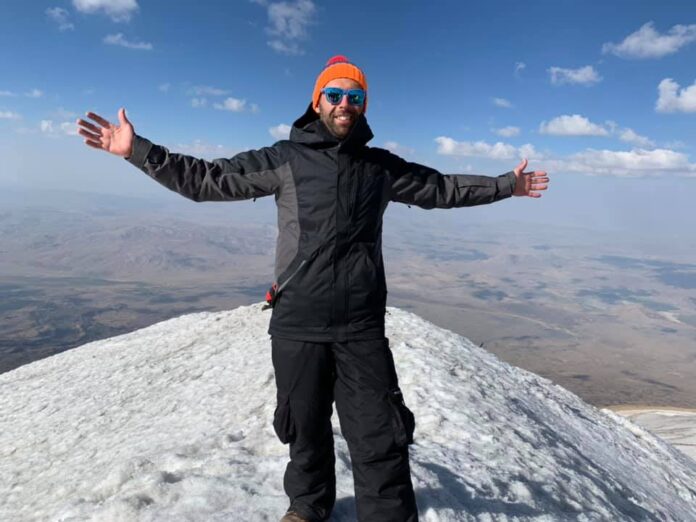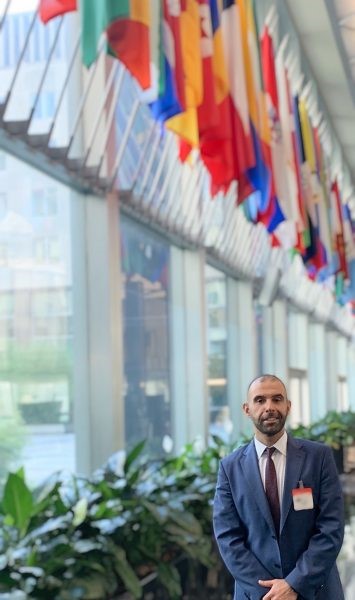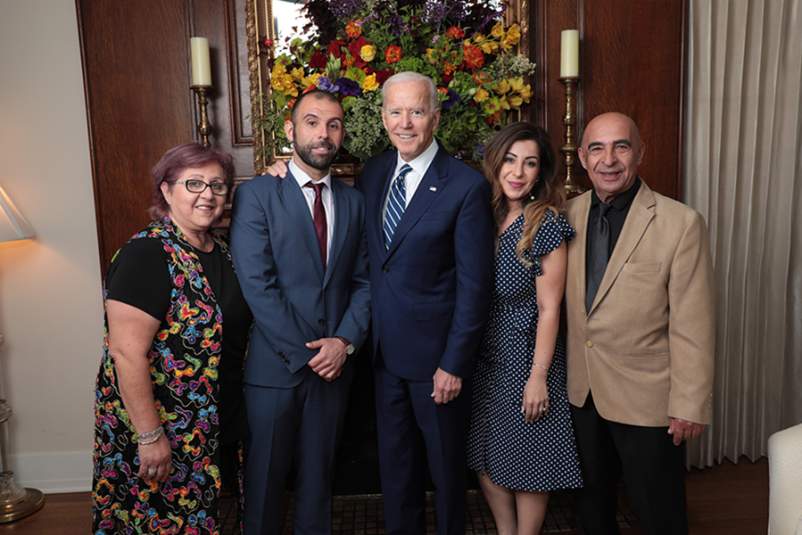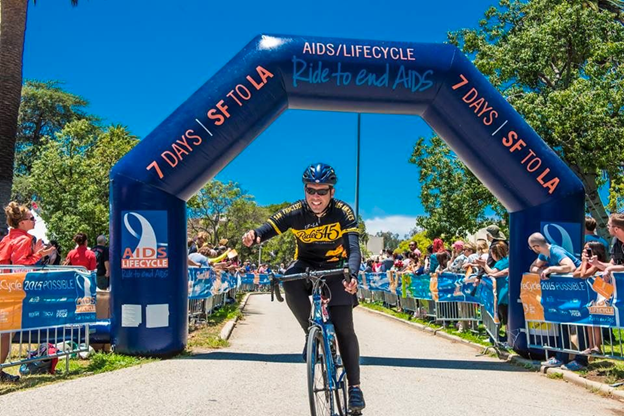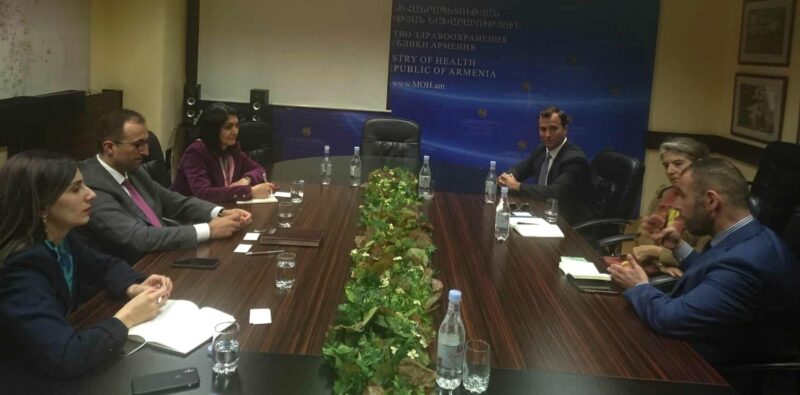WATERTOWN — Congressman Adam Schiff has decided not to run for reelection in California’s 30th Congressional district in 2024 but to instead try for the Senate. This leaves this position in the House of Representatives open for the first time since 2000, and suddenly, very early in this race, there are some 16 candidates vying for it. While several of the current candidates are familiar to Armenian voters, such as California State Sen. Anthony Portantino, there are only two Armenian Americans formally in the race so far – Dr. Jirair Ratevosian and Dr. Alex Arto Balekian, M.D., and this is an evolving race the Mirror-Spectator will continue to cover.
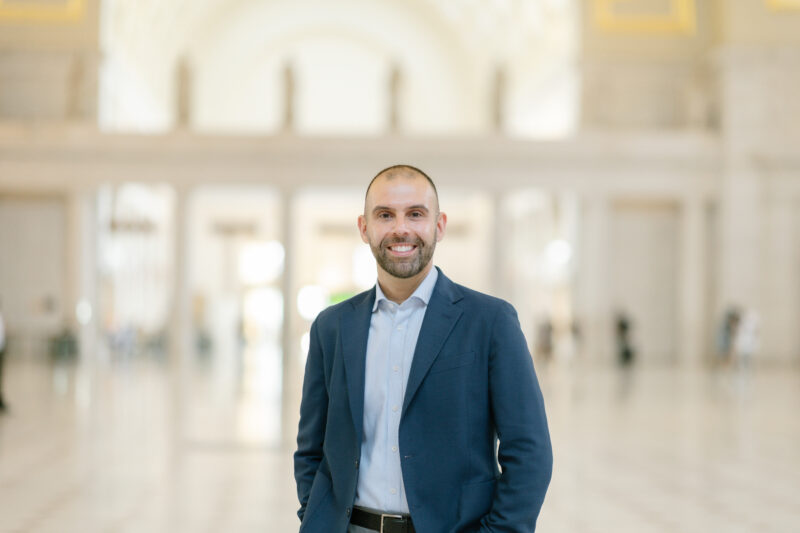
Balekian has no party affiliation in this district which currently solidly votes Democratic, while the 42-year-old Ratevosian is a Democrat, which may give him an edge.
Ratevosian exclaimed, “This district has the largest number of Armenian Americans in the entire country.” Indeed, the district includes areas with dense Armenian populations like Glendale, Burbank and parts of Pasadena. In 2021, according to the US Census Bureau’s American Community Survey, 731,165 people lived there, while according to some estimates, 13 percent of registered voters were Armenian. While he did not know Balekian personally, Ratevosian said, “If there is another Armenian in the race, I welcome it. There should be five Armenians.”
There are many Armenians focused on local politics and local seats, Ratevosian noted. However, he said, “We have to do it at all levels. Those who are at the local levels are championing local issues. Where is our voice in Congress? We don’t have one now. That is why I decided to enter the race when I saw there was an opening for that.” He added, “When an Armenian American is in the room, that is how you make real change on Armenian issues. That is irreplaceable.”
A second group that Ratevosian would like to represent and from which he is presumably hoping for support is the LGBTQ+ community. He said, “One motivation for running that I have been talking about is that we need a Congress that looks like us. We need a Congress that really represents the people, first as a gay American and as an Armenian American… We are grateful for the support that we get from allies but I have seen the power of how, when an LGBTQ person is in the room, you make an impact on LGBTQ issues.”
Like Armenian candidates, there are also several other candidates from the LGBTQ+ community, including West Hollywood mayor Sepi Shyne (an Iranian American), and drag queen Maebe A. Girl (G. Maebe Pudlo).



